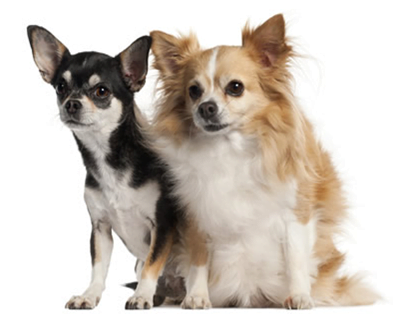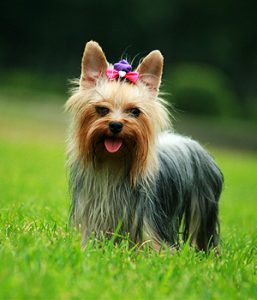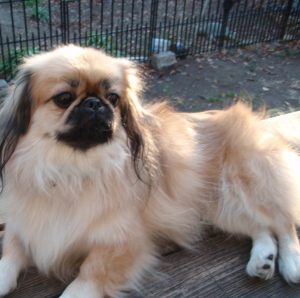Chihuahua
Papillon Chihuahua Mix for Adoption Save a Life

-
Breed Group : TOY
-
Origin : Mexico
-
Average Height : 6" - 9"
-
Average Weight : 5 - 6 lbs.
-
Life Span : 14 - 18 years
Photo Courtesy of : Chihuahua Rescue of San Diego
-
Size
1 2 3 4 5 6 7 8 9 10 -
Energy
1 2 3 4 5 6 7 8 9 10 -
Intelligence
1 2 3 4 5 6 7 8 9 10 -
Ease of Training
1 2 3 4 5 6 7 8 9 10 -
Hypo-Allergenic
1 2 3 4 5 6 7 8 9 10 -
Shedding
1 2 3 4 5 6 7 8 9 10 -
Good with Kids
1 2 3 4 5 6 7 8 9 10 -
Good with Other Pets
1 2 3 4 5 6 7 8 9 10 -
Guard Dog
1 2 3 4 5 6 7 8 9 10







